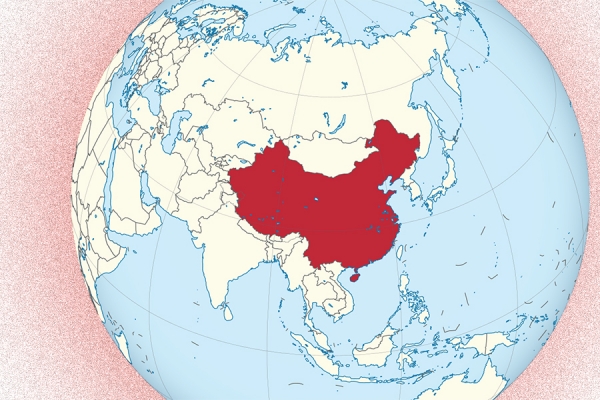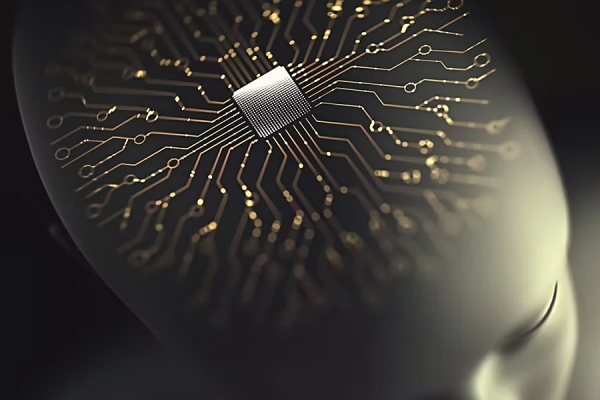 Engineering professor Ning Zhang has been awarded a Canada Research Chair in Edge Computing and the Internet of Vehicles.
Engineering professor Ning Zhang has been awarded a Canada Research Chair in Edge Computing and the Internet of Vehicles.
UWindsor engineering professor Ning Zhang has joined a cadre of elite scholars working to make Canada a world leader in research and development.
Dr. Zhang has been awarded a Tier 2 Canada Research Chair in Edge Computing and the Internet of Vehicles, giving him a steady stream of funding to work on innovations that will benefit the automotive industry and Canadian consumers. The position comes with $120,000 in annual funding for five years, renewable for an additional five years.
“I am very grateful for the support from the CRC program and the University of Windsor,” he said. “Along with other colleagues in the relevant areas, our research team will work to address the key challenges and promote the research and development of Internet of Vehicles (IoV). This grant from the CRC program will be very helpful in assisting us to reach our goals.”
Zhang is an expert in mobile edge computing, in which data can be accessed more quickly and computation tasks can be processed faster by bringing data storage and processing closer to the user.
“Timely data acquisition and processing is crucial to IoV for real-time control and decision-making,” Zhang said. “With edge servers in proximity, vehicles’ requests for content or computation power can be served locally and quickly, significantly reducing service latency.”
IoV is an “emerging platform that enables various vehicular applications to improve road safety and transportation efficiency,” he said.
IoV encompasses self-driving vehicles, artificial intelligence, and networking. It allows for traffic information, roadside assistance, collision avoidance, route guidance, and on-board entertainment.
Cars are already outfitted with sensors to help with collision avoidance and other functions. But the sensors’ scope become limited in heavy rain, snow, or in heavy traffic. Improving connectivity would make sensing more reliable and increase sensing scope to combat such hindrances, Zhang said.
“With edge computing, crowdsourcing data from vehicles can be processed efficiently.”
Zhang is a highly cited researcher, named in an annual study by Stanford University as among the world’s top two per cent of scientists. His research papers have on six occasions taken top honours at international conferences and he often chairs conferences, symposiums, and workshops. He has received this year’s Rising Star award from the Institute of Electrical and Electronics Engineers and is the associate editor of several of its journals.
He will use his CRC to train future engineering researchers, including one post-doctoral fellow, three doctoral students, two Master’s students and one undergrad.
The Canada Research Chairs program is a national strategy to propel our nation to the forefront of research and development in the world. The program, launched in 2000, invests up to $295 million each year to attract and retain a diverse cadre of world-class researchers in engineering, the natural sciences, health sciences, humanities, and the social sciences.
“Canada Research Chairs funding supports innovative and world-class research projects like Dr. Zhang’s, which will help solidify UWindsor’s position on the cutting edge of automotive and automobility research,” said K.W. Michael Siu, UWindsor’s vice-president, research and innovation.
“Dr. Zhang’s research will advance key emerging technologies and help train UWindsor students for the high-tech jobs of tomorrow. The concept of an Internet of Vehicles is at the leading edge of autonomous and connected vehicle research, and I am delighted that Dr. Zhang’s innovation in this field has been recognized and supported.”
Zhang is one of two new Canada Research Chairs at the University of Windsor. Law professor Manoj Mate has been awarded a Tier 2 Canada Research Chair in International Trade Law.
—Sarah Sacheli



